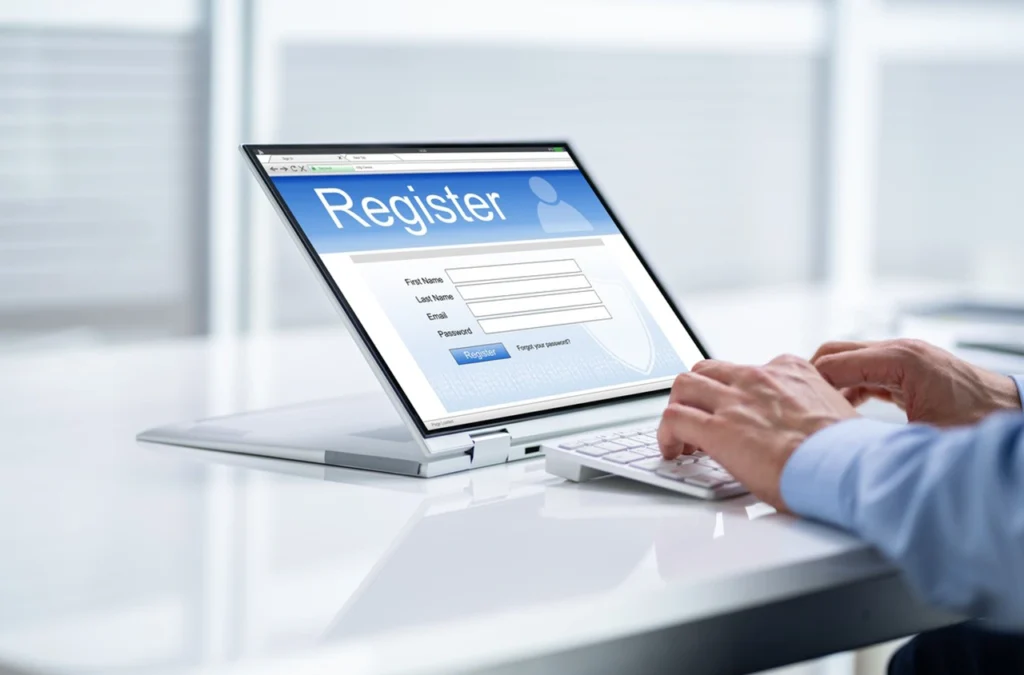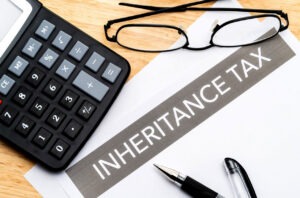Contents
If you are new to self-employment, you need to inform HMRC first thing so that you get taxed accordingly. Below, we cover how to register as a self employed UK and all the other relevant information for beginners.
Why Register as a Self Employed UK
When you start working for yourself, you must notify HMRC of your self-employment by registering as self-employed. This is for the following purposes:
- to report your self-employed income and pay any due tax (e.g., income tax, capital gains tax, etc.) and National Insurance Contributions (NICs)
- to ensure your National Insurance record is accurate and your entitlement to benefits is correct
Before registering, you must confirm your employment status. You can use HMRC’s Employment Status Checker to determine if you are self-employed. If you are still unsure about it, consulting with a tax professional is advisable.
Good News: Not all self-employed people are obliged to register. This is when they earn less than the annual trading allowance. For the 2024/25 tax year, the trading income allowance is £1,000. If you are a side hustler, be aware of HMRC’s stringent clampdown, especially if you exceed the allowance.

When to Register as Self Employed
A self-employed individual may either be a sole trader, partnership, or limited company. Limited companies, however, register directly for Companies House. Only sole traders or partners need to register as self-employed, and, subsequently, for self assessment.
Generally, you are considered self-employed if you:
- run the business yourself
- are not paid through Pay as You Earn (PAYE)
- do not have employee rights
- decide how and when you work
- provide your own equipment
- have multiple customers
- can hire others
- charge a fixed price for work
If you fit the criteria above, register with HMRC as soon as possible. There is no register as self employed UK deadline, as the deadline (and late registration penalty) only applies to self-assessment. It is also possible to be employed and self-employed at the same time. If you have taxable income from self-employment in addition to your employed wages, you must register as self-employed.
Do You Know? Employment status is determined by two laws—tax law and employment law. Individuals are automatically classed as self-employed if they are outside PAYE regulations (tax law) and have no employee rights (employment law). HMRC, however, may consider a person as self-employed even when their status in employment law is otherwise.
Different Ways to Register with HMRC
Self-employed registration is straightforward and only done once. You have three options to register:
- Online
- By post
- Calling HMRC helpline
The quickest way is to register as self employed UK online (see more below).
Step by Step Registration Process: Online
If it is your first time to register as self-employed, follow these steps:
- Prepare the necessary information beforehand.
- National Insurance Number (NINO)
- Personal details
- Business information
- Create a Government Gateway Account on gov.uk website using your email address.
- Your Government Gateway user ID will be sent to the email you used. Sign in back using this ID.
- Fill in the registration form and submit.
- HMRC will send your Unique Taxpayer Reference (UTR) for future tax uses (e.g., self-assessment registration, tax return filings, tax payment, etc.).
Get Advice! If you want to set up a limited company, you will not go through the self-employment registration process but Companies House. You will need to register yourself and your company separately—personally, self-assessment and for the company, corporation tax. Discuss with a professional which business structure is most tax-efficient in your circumstance.
What to Do After the Self-Employment Registration
After registering as self-employed, you will need to:
- Register for self-assessment if you have not filed any personal tax returns before.
- Register for the Construction Industry Scheme (CIS) if you take part in construction work. CIS-registered subcontractors get only 20% tax deductions, as opposed to the unregistered who pay 30% in taxes.
- Register for VAT if your annual turnover exceeds £90,000.
- Keep all your financial and business records.
- Inform HMRC if you stop being employed.
CIS vs Self-Assessment: Construction industry workers, after registering as self-employed, register for the CIS tax system instead of self-assessment. The self-assessment taxation is used by every other self-employed taxpayer outside the construction sector.
FAQs on Self-Employment
Self-employed‘ is just a label for those who choose business structures such as sole trader, partner, or limited company. Sole trader is one of these business structures, referring to a self-employed individual who owns the business solely.
Not if you do not need to file self-assessment. If you need to, read our guide: What is UTR Number UK and How Can I Get One?
You can use documents such as a personal tax calculation, self-assessment tax return, statement of accounts, accountant’s letter, or annual tax summary for proof of self-employment.
How Tax Experts Can Help You
Once you start earning over £1,000 in a year outside PAYE, you may need to register as a self employed UK. Our tax accountants at Legend Financial are here to support you and your business throughout the full tax cycle, from determining your employment status, registering for self-employment and self-assessment, to helping you file a tax return.
We have successfully helped myriad clients from several sectors for over ten years, including ecommerce, construction, security, medical and healthcare, among others, so you can have the peace of mind that your business’ tax and financial affairs are in the most competent hands. Book a free enquiry with us today!











